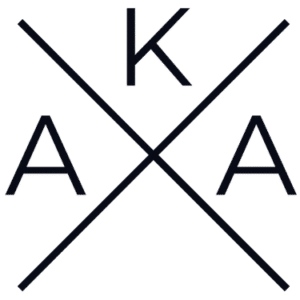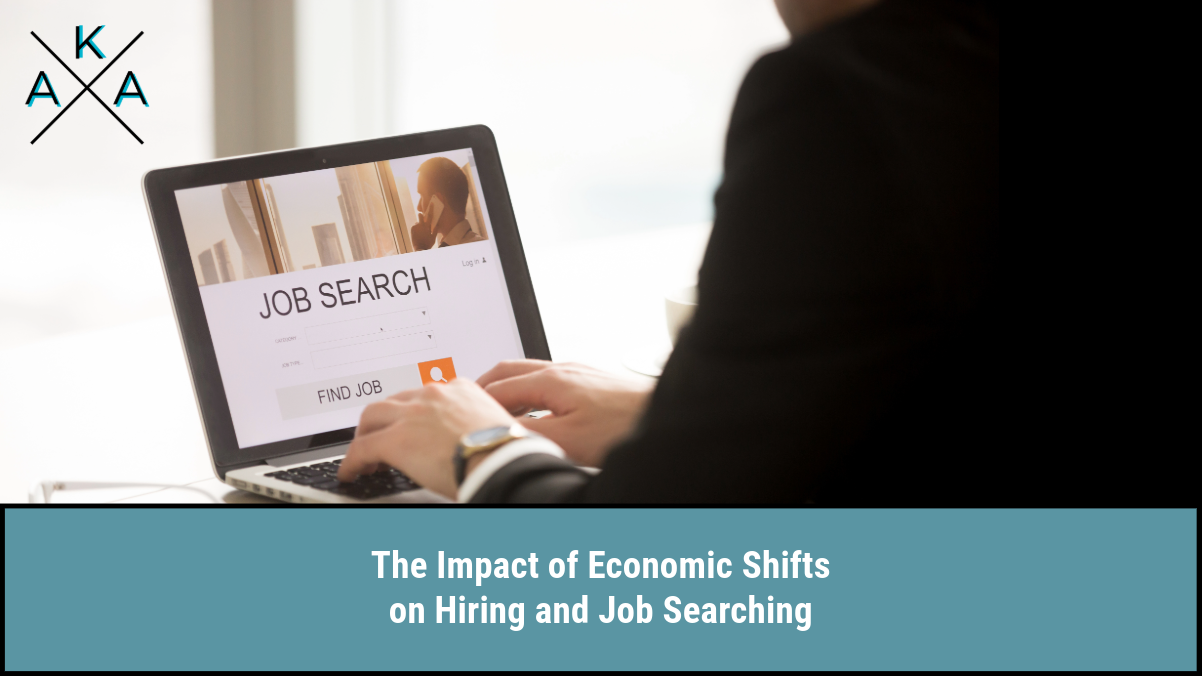Hiring and job searching are deeply affected by economic shifts—whether due to inflation, recessions, technological change, or global events—as these factors shape how people get hired and how companies fill roles. In the last decade, and especially the past few years, we’ve seen how quickly hiring strategies and job seeker behavior can change in response to economic uncertainty. Understanding how these shifts affect both employers and job seekers is key to staying resilient in a dynamic job market.
Whether the economy is booming or facing a downturn, these changes ripple across every industry. From layoffs and hiring freezes to job growth in unexpected sectors, the connection between economics and employment is more direct than ever. Let’s dive into the key ways economic shifts influence hiring and job searching today.
Employer Response: Hiring Trends During Economic Ups and Downs
When the economy is strong, employers often ramp up hiring to support growth, expand teams, and invest in new business opportunities. To attract top talent, they often increase salaries, provide signing bonuses, and enhance benefit packages. But when the economy slows down, companies tend to take a more cautious approach. This may involve pausing hiring, consolidating roles, or shifting toward contract or freelance work to reduce long-term costs.
In downturns, companies also tend to prioritize “essential” roles over experimental or growth-driven positions. Job descriptions become more specific, and the competition for each opening increases as more people look for work. Hiring decisions may take longer, as employers want to make sure every hire is a strategic one. These trends reflect how deeply hiring behavior is tied to financial confidence.
- Role consolidation: Companies may combine responsibilities into fewer positions during a slowdown.
- Contract work increase: Economic uncertainty often leads to more short-term and freelance opportunities.
Job Seeker Behavior: Shifting Mindsets in Unstable Economies
Economic shifts don’t just affect employers—they deeply influence how job seekers approach the market. In strong economies, job seekers tend to be more selective, focusing on roles that offer long-term potential, flexibility, or purpose-driven work. But in uncertain times, priorities often shift toward job security, stability, and benefits like healthcare and paid time off.
Many candidates become more open to changing industries, relocating, or taking positions that aren’t a perfect match just to ensure income. Networking also becomes a higher priority, as referrals and personal connections carry more weight when job markets tighten. Adaptability is key—those who upskill or reskill during slowdowns often position themselves better when the market rebounds.
- Security-first mindset: Job seekers prioritize stability over passion during uncertain times.
- Industry flexibility: Candidates are more willing to switch sectors if it increases their chances of employment.
Technology and Remote Work: Acceleration Driven by Economic Forces
Economic shifts often speed up the adoption of new technologies. During the COVID-19 pandemic, for instance, companies quickly turned to remote work tools, online collaboration platforms, and virtual hiring processes. These changes, originally born out of necessity, have had lasting impacts. Employers now seek tech-savvy talent and expect candidates to navigate virtual interviews, onboarding, and remote work environments with ease.
Job seekers, too, have adapted to these changes. They’ve embraced remote job boards, video resumes, and digital networking on platforms like LinkedIn. Even as the economy continues to change, remote and hybrid work options remain strong priorities. This shift has expanded the talent pool for employers and opened up job opportunities for workers outside of traditional markets.
- Virtual readiness: Candidates must be prepared for fully remote hiring and work environments.
- Broader reach: Employers can hire talent beyond their geographic region, expanding access to skills.
The Rise of Skills-Based Hiring and Career Pivots
As the economy fluctuates, more employers are embracing skills-based hiring over traditional degree requirements. During uncertain times, companies value agility and hands-on ability more than pedigree. They want candidates who can hit the ground running, adapt quickly, and fill in gaps where needed. This has opened doors for people with non-traditional backgrounds or those entering new industries.
For job seekers, this shift means there’s a greater opportunity to pivot careers—especially if they invest in upskilling through online courses, bootcamps, or certifications. Rather than being locked into one career path, workers can market their transferable skills and practical experience. This dynamic, fueled by economic uncertainty, is helping reshape what qualifies someone for a role.
- Experience over education: Practical ability is often valued more than formal degrees during hiring.
- Career agility: Workers who invest in new skills can more easily shift into growing industries.
Conclusion
Economic shifts are inevitable, but how we respond to them shapes our success in the job market. For employers, it’s about staying flexible, forward-thinking, and focused on long-term growth. For job seekers, resilience, adaptability, and continual learning are crucial. By recognizing these patterns and adjusting accordingly, both sides of the hiring equation can thrive—no matter what the economy throws their way.


